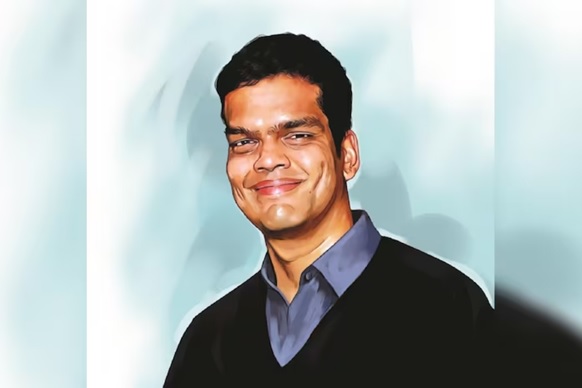 In a move highlighting the growing presence of Indian-Americans in U.S. politics, President-elect Donald Trump has named Sriram Krishnan, a well-known Indian-American venture capitalist, as the Senior Policy Advisor for Artificial Intelligence in the White House Office of Science and Technology Policy. Krishnan’s new role positions him to influence key areas like technology and immigration reform in the country.
In a move highlighting the growing presence of Indian-Americans in U.S. politics, President-elect Donald Trump has named Sriram Krishnan, a well-known Indian-American venture capitalist, as the Senior Policy Advisor for Artificial Intelligence in the White House Office of Science and Technology Policy. Krishnan’s new role positions him to influence key areas like technology and immigration reform in the country.
This appointment aligns with ongoing U.S. government discussions about removing the country cap on H-1B visas. Such a reform could open doors for a greater number of skilled Indian workers, particularly in technology and engineering. Krishnan, a strong advocate for merit-based immigration policies, has long supported streamlining the green card process to address backlogs affecting Indian applicants.
The decision has sparked mixed reactions. Critics like Laura Loomer argue that eliminating country-specific caps could overshadow domestic STEM graduates and benefit foreign workers disproportionately. Conversely, notable tech leaders, including venture capitalist David Sacks, have praised Krishnan’s credentials and dismissed the criticism as unfounded.
Currently, H-1B visa allocations are capped at 7% per country, limiting opportunities for nations with a large pool of skilled professionals like India. With 85,000 H-1B visas issued annually, many Indian applicants face lengthy delays. The proposed reform would eliminate this cap, allowing visas to be distributed based on merit or other factors, which could significantly benefit Indian nationals.
For Indian professionals, such changes promise enhanced opportunities in U.S. tech firms, increased competitiveness in the applicant pool, and a clearer pathway to permanent residency through green cards. This shift could transform the landscape for skilled Indian workers aiming to contribute to America’s tech and engineering sectors.









